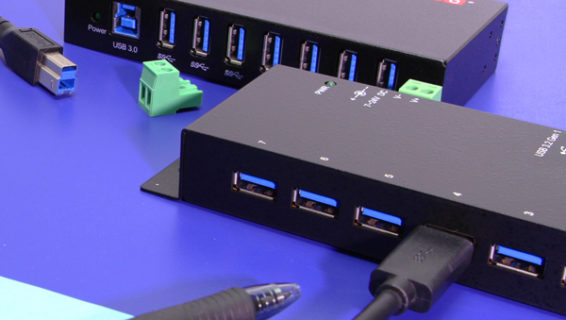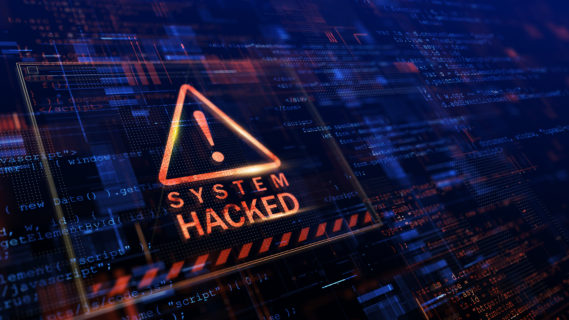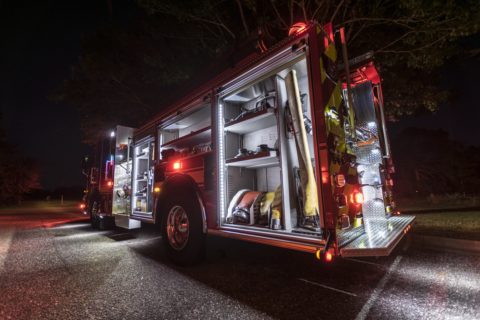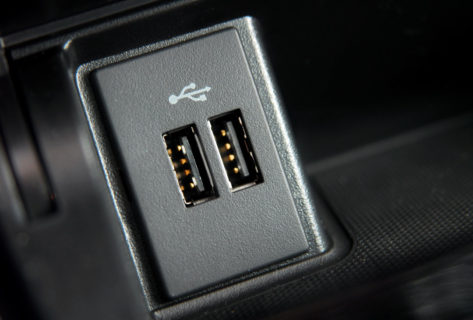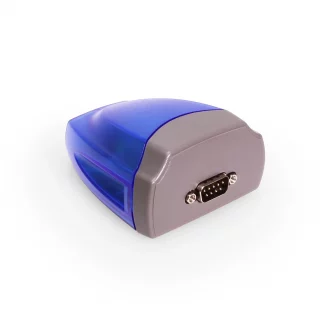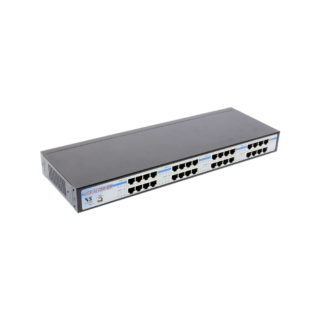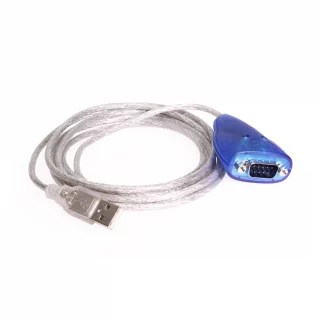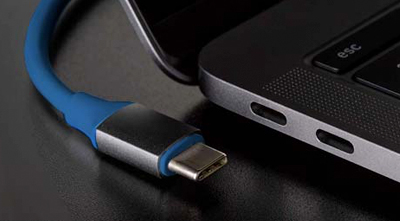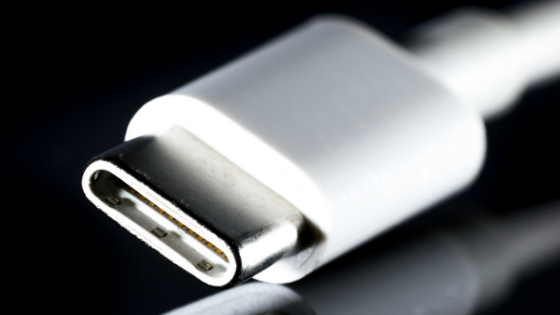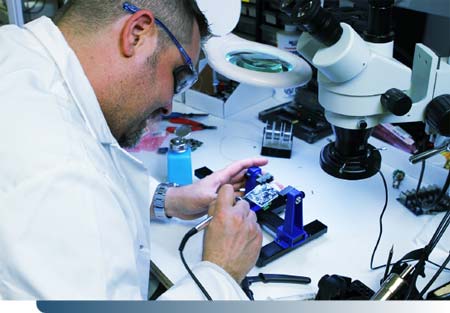There is a wealth of USB to RS232 converters available on the market today. This is in large part due to the prevalence of the technology in consumer and industrial applications. The RS232, RS422, and RS485 standards for serial communications have been staples in industrial communications for many decades and are deeply integrated into many businesses.
The variety of peripheral devices available for integrating legacy serial communication devices into USB-enabled computers can be a challenge to navigate. Users are quite familiar with the plug am play simplicity of USB, and while serial communication devices and converters can be relatively simple and easy to install, choosing the right one is a constant challenge unless you are well aware of the hallmarks of quality converters.
In industrial automation, these converters are ever more essential as modern computers are almost exclusively designed with USB inputs and capabilities. Here are some essential components of quality USB to Serial Converters that you should look out for when evaluating which will suit your applications and communication networks best.
USB Version Compatibility & Compliance
USB 2.0 is installed on essentially all newer computers. Legacy devices and some older computers will have USB 1.1 ports installed. Backward compatibility can be extremely useful. Engineers using older notebook computers another connecting device will be very pleased if your converters are compliant with USB 1.1 when servicing your network. It will save time and money for all.
LED Light On Feature
LED lights that signal if the port is functioning are less essential on a simpler converter that only have one port, since if or when connectivity issues arise, you only have one possible port through which the problem could occur. However, for a larger more robust multi-port converter, this feature can be unexpectedly useful.
This is the kind of feature that less well-engineered and thoughtfully designed converters will lack because it’s almost too obvious – the designers of the device are not in touch with the practical side of engineering communication networks. This feature can vastly simplify initial troubleshooting connectivity issues, and again, it’s something your engineers will appreciate, and it will, in the end, save you time, money, and headaches.
Coolgear’s 32 Port RS-232 USB-to-Serial Adapter is a great example of this feature. With 32 potential points to troubleshoot when issues arise, any technician or engineer will be able to identify and fix problems faster with LED power indicators that allow for easy port monitoring and diagnostics.
Supports Range of Converter Products
There is a surprising range of USB to Serial products and configurations. Coolgear offers well over one hundred different serial products, and that doesn’t even include the custom designs done for customers with highly specific needs. Understanding all of them is a challenge. If a business is going to evaluate and install their own networks, or even if they are contracting out some of this work, they should advocate for themselves by sourcing their USB and Serial devices from reputable suppliers and manufacturers.
The reason is twofold: quality and knowledge. A good supplier understands the marketplace and knows what kinds of converters will suit your networks and your industry. This only happens when a supplier is working directly with buyers on a regular basis, which keeps them informed of trends and current offerings. A good supplier won’t try to sell you something you don’t need, or accidentally sell you something that won’t stand up to the demands of your industrial setting.
The quality of the converters, the knowledge of the supplier, and their level of customer service all go hand in hand.
Resilient Against Electrostatic Discharge
There is a good chance that in an industrial setting and network, there will be issues or times when the environment is prone to voltage spikes and surges. If this is the case, your USB converter needs to protect against electrostatic discharge (ESDs) of up to 15 kv. They also need to be protected against potential current charges as high as 600 W/ms, if possible. Finding a USB to RS495 or RS232 converter that can stand up to these harsh electrical scenarios doesn’t happen by accident, you have to source them from knowledgeable suppliers.
Support for Important OS Systems: Microsoft Vista and Windows 7
You will want to know if your converters come with drivers that support and have been optimized for all of Microsoft’s operating systems. Many converters are supplied by manufacturers that have installed chips that support earlier Microsoft software, Mac OS, as well as Linux. But there have been issues with the more recent OS. If you don’t buy converters with high-quality chipsets, you’ll be putting your networks at risk of a variety of issues, revealing themselves in freezing screens, crashing computers, and other connectivity issues.
Coolgear’s converters use high-quality FTDI chipsets that support all of the Windows operating systems, including the latest Windows 11.



